Treatment of Congenital and Acquired Heart Defects in Germany
Best hospitals and doctors for congenital and acquired heart defects treatment in Germany
Leading hospitals
Cost for treatment
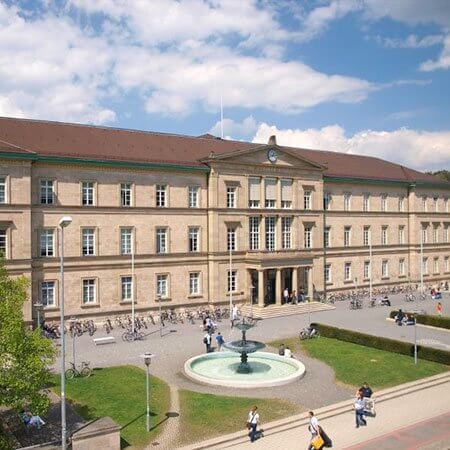



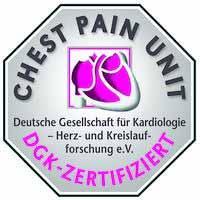

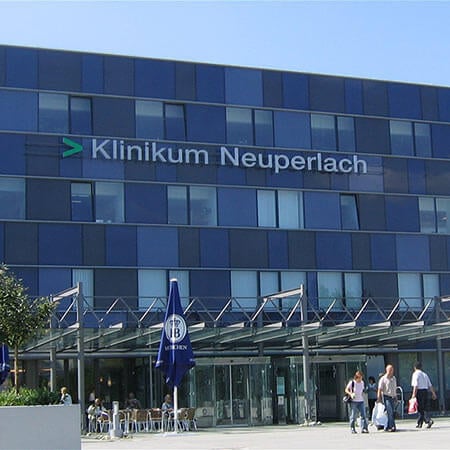

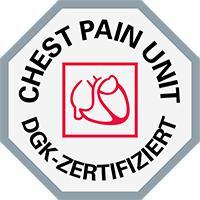
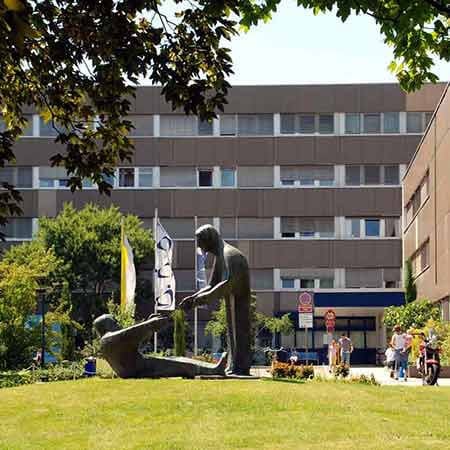

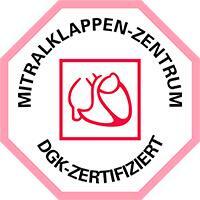
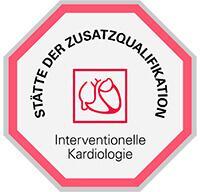


















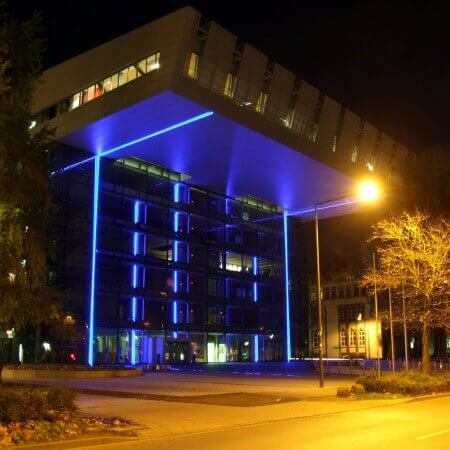















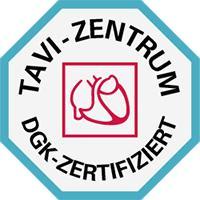





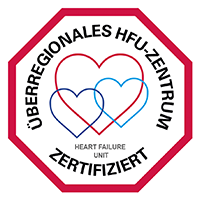
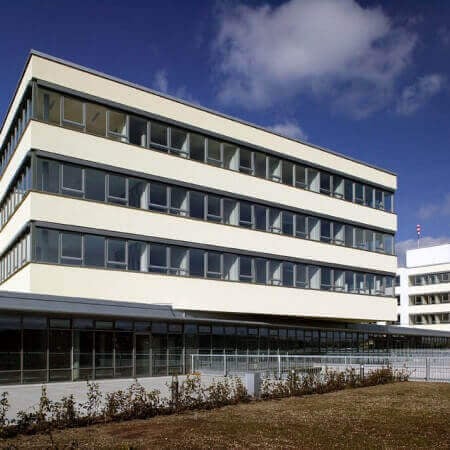































The generic name of heart defects refers to a group of cardiac diseases united by the presence of abnormalities in the structure of the heart muscle, valves, and vessels. Congenital and acquired heart defects are distinguished in the group. Acquired diseases can develop in both children and adults, as complications of infectious diseases or due to other factors. A congenital heart defect is initialized during intrauterine development and is often detected during screening before birth.
Content
- Overview
- How do heart defects occur?
- About congenital heart defects
- Heart defects classification
- Symptoms of congenital heart defects
- Which defect is more dangerous: congenital or acquired?
- Treatment of acquired heart defects
- Treatment of congenital heart defects
- The principles of heart defect treatment in Germany
- The cost of treatment in German hospitals
- Why undergo treatment with Booking Health?
Overview
The atypical features detected in the cardiovascular system occur due to the abnormalities in its development (congenital) or various pathological changes (acquired).
Congenital heart defects are very diverse. More than one hundred and fifty different variants of diseases have been described and reports on the identification of new types of atypical congenital structures are still being published. Both valve anomalies and various defects of the heart chambers, vessels, and their combinations are encountered. The causes of congenital heart defects include genetic, environmental, and infectious ones. In addition, taking medications, drugs, and alcohol during pregnancy, as well as some other factors can lead to the formation of congenital heart defects.
Acquired heart defects are mainly valve defects. The causes of acquired defects are recognized as rheumatic lesions, infectious endocarditis, atherosclerosis, systemic diseases (such as scleroderma), and some others. Also, degenerative changes in the valves logically lead to the development of valve defects of the heart.
Congenital heart defects are detected intrauterine (in the fetus), in children and adults, less often in adults and elderly people, while acquired heart defects can occur at any age. A large proportion of diagnosed heart defects are registered in children. On the one hand, this is explained by quite a wide spread of congenital heart defects: up to 6 cases per 1,000 people. On the other hand, the cause is the formation of acquired heart disease due to various diseases, such as rheumatism.
Heart defects can be asymptomatic and not accompanied by any clinical signs, based on which their presence can be suspected. In other cases, a clinical examination may reveal various manifestations of heart disease in the form of shortness of breath, palpitations, pallor of the skin, various variants of heart rhythm disturbances, as well as some physical ones: noises on hearing or auscultation, expansion of the heart boundaries on percussion and many other forms of manifestation. Heart disease in children may be accompanied by weakness, limited mobility, and developmental delay.
The nature and severity of clinical manifestations of heart disease are determined by the severity of functional hemodynamic disorders due to the existing structural defect.
How do heart defects occur?
When we talk about heart defects, it usually implies the impaired function of the valve apparatus in the form of stenosis or prolapse, impairment of the cardiovascular system, and abnormalities in the heart chambers.
For instance, calcification of the valves is very common. Although it is usually an age-related factor, it can also occur in younger individuals due to acute rheumatic fever or as a result of radiation therapy to the chest area.
The most common causes of most heart diseases are congenital valve anomalies and aging. The presence of murmurs during listening through a stethoscope may indicate the presence of a heart defect. However, the doctor cannot detect the murmurs in all cases, even with serious defects. To confirm the diagnosis and determine the cause of the heart defect, the cardiologist performs an ultrasound scanning – echocardiography of the heart.
About congenital heart defects
Thanks to the tremendous medical and technical breakthrough in cardiology in Germany, the survival rate of children and adults with heart diseases even in complex cases is now exceptionally high.
Already in the first days of pregnancy, the development of the cardiovascular system in the embryo begins. In the following weeks, the heart and the vessels bordering it develops as a result of complex transformation processes.
Abnormalities in these processes can lead to abnormalities that are referred to as congenital heart defects. Diseases can affect both structures within the heart, such as the interatrial or interventricular septum, the heart valves, and the vessels emanating from the heart. It is not uncommon to encounter complex heart defects, which require special therapy to be planned and, if necessary, corrected in stages.
Based on the severity of symptoms associated with the disease, some heart pathologies can go on for years without significant physical limitations, which causes the late diagnosis of congenital diseases in adults. In contrast, other cardiac diseases can cause serious deterioration as early as the first hours after birth, which need urgent medical attention. The cooperation of pediatric cardiologists and pediatric cardiac surgeons is of great importance at this point for the early diagnosis of this disease, followed by detailed treatment planning and surgical care.
Heart defects classification
Very often, heart defects affect the valve system. Complications resulting from such health conditions can cause early disability and even death.
The primary role of the valve apparatus is to allow blood to flow through freely when the heart contracts and to retard backward movement of blood through the valve when it relaxes, maintaining a rhythmic and uninterrupted flow of blood. Defective valves cease to fully perform this work and function, causing blood to flow with difficulty through the narrowed valve into the heart cavity and not fully leaving the chambers or flowing back through the closed valve.
To the acquired heart defects belong:
- Valve insufficiency (incomplete closure of the flaps or damage to the flaps), which causes blood to flow backward.
- Valve stenosis (impedes blood flow).
- Valve prolapse (protrusion), which causes the flaps to bulge, and often there is a backflow of blood due to insufficient closing of the valve.
Health conditions considered congenital heart defects are:
- Atrial septal defect.
- Ventricular septal defect.
- Transposition (malposition) of large main vessels.
- Pulmonary artery stenosis.
Heart diseases occur individually and along with other pathologies. For example, hypertrophy, aortic transposition, along with interventricular septal defect, and stenosis is called cyanotic heart disease.
Symptoms of congenital heart defects
Even with a congenital pathology, a child may appear quite healthy. However, this apparent well-being rarely lasts long. Subsequently, the congenital disease begins to manifest itself: they fall behind in physical development, there is dyspnea when exerting, and pallor of the skin.
There are compensated heart diseases, manifested by dyspnea, palpitations, fatigue, heart pain, and fainting. Compensated mitral heart disease impairs myocardial contractility of the left heart.
The decompensated form is manifested by edemas of the lower extremities, enlargement of the liver, swelling of veins in the neck. During this period, the development of stagnation in the circulation provokes coughing, pain in the heart, and hemoptysis. Visually, the doctor reveals redness and bluish color of the patient's skin.
Manifestations that often accompany congenital diseases can be headaches or neck pain. Patients feel dizzy, and fainting often occurs. When the contractile activity of the left ventricle is impaired, pallor of the skin is noted.
Which defect is more dangerous: congenital or acquired?
The form, severity, and speed of formation of the defect should be taken into account. There are congenital defects considered as incompatible with life. In such cases, it may be down to hours that a child with a congenital defect can live. It also happens that, on the contrary, people with congenital heart diseases live a long time. A surgical intervention can sometimes be unnecessary. The same is true for acquired pathologies.
The prevalence of various types of heart diseases depends on the region in which a person lives. In the past, for instance, rheumatism was the main reason for heart defect development. As of today, the number of rheumatic heart diseases has decreased considerably. Valve defects of non-rheumatic etiology are registered more often. In particular, of degenerative nature, which are nowadays also more common in Western Europe and the USA. This can be explained by the fact that life expectancy in developed countries is increasing.
Treatment of acquired heart defects
The treatment of acquired heart defects requires a comprehensive approach, including therapy with medication, a special diet, and lifestyle adjustments. If conservative treatment is not sufficient, surgical intervention is resorted to.
Methods of surgery used in such cases include:
- Catheter balloon valvuloplasty (dilatation of a narrowed lumen by inserting a balloon catheter). As a result of the surgery, the fusion between the valve leaflets is separated, and the obstruction to blood flow is removed.
- Valvulotomy (commissurotomy).
- Valve replacement.
- Percutaneous aortic valve replacement.
The main thing in the treatment is timely diagnostics. Do not put off your health for later.
Treatment of congenital heart defects
The treatment of congenital heart disease is aimed at restoring normal hemodynamics and achieving an optimal quality of life.
In many cases, to completely cure the heart pathology or improve the patient's condition is possible with the surgical intervention. The tactic of correction is chosen taking into account the peculiarities of the disease.
The surgical intervention for the correction of congenital pathology can be radical, minimally invasive, or palliative. The radical approach is focused on its instant elimination, while the palliative one aims to create conditions for improving hemodynamics without restoring the normal anatomical features of the heart. The choice of the technique is determined taking into consideration the type of defect.
The treatment process includes not only surgical correction, but also therapeutic methods. Conservative therapy for congenital heart disease is aimed at strengthening the heart muscle and ensuring normal blood supply. This type of treatment mainly consists of taking medications of symptomatic action. If indicated, patients are prescribed physiotherapeutic procedures (therapeutic massage, moderate physical activities).
Drug therapy is unable to cure cardiac diseases completely, but it helps improve blood circulation and alleviate the symptomatology of the disease in a preoperative period. It is used as part of preoperative preparation and treatment in the postoperative period. It is also used when the surgical intervention is not possible.
The principles of heart defect treatment in Germany
In the case of congenital heart disease, surgery is recommended as early as possible, since the impaired cardiovascular system has a negative effect on the physical and, in some cases, the mental development of the child. In German hospitals, the most complex surgical interventions can be performed not long after birth. Sometimes there is a need for multi-stage interventions.
In cases of acquired heart defects, surgery is scheduled with the consent of the patient. However, in the stage of decompensation of cardiovascular activity, specialists can not perform complex interventions (because they are accompanied by a high risk). Therefore, the patient is advised to decide on the surgical intervention before the disease leads to complications or impairment of the general health condition.
In German hospitals, specialists thoroughly prepare each patient for the surgical intervention. All patients undergo necessary laboratory and instrumental examinations, the results of which are assessed by the attending physician. With the absence of contraindications, the optimal method of surgical intervention is chosen and the possible date of surgery is planned. All this time, the patient stays in the hospital.
All surgical interventions on the heart are very complex procedures, which require high professionalism and the qualification of specialists. Therefore, it is recommended to check the possibility of performing such surgical treatment in Germany, where doctors have extensive experience in such surgical interventions and have access to the latest technology. After the surgery, the patient undergoes a long rehabilitation course, which is necessary to normalize all vital functions.
The best hospitals for heart defect treatment in Germany are:
- University Hospital Tuebingen.
- Hospital Neuperlach Munich.
- Charite Hospital Berlin.
- University Hospital Ulm.
- University Hospital Heidelberg.
If you want to learn more about the hospitals for treatment in Germany, please visit the hospital section of the Booking Health website.
The cost of treatment in German hospitals
First of all, it is important to know what kind of treatment the patient requires, and which therapeutic tactic or surgical technique will be used. Naturally, the cost of treatment with surgery is higher. Or, for example, valve treatment can be performed using either conventional or a minimally invasive surgical technique, which also impacts the overall price. It is also important to understand what materials and equipment will be used. For example, different types of prostheses can be used in valve replacement, and each of them has many varieties. Accordingly, the cost of treatment in Germany with prosthetics will also depend on which type of prosthesis the patient and the doctor choose.
- The prices for diagnostics of heart defects start at 472 EUR.
- The cost of treatment with surgery with artificial circulation starts at 13, 738 EUR.
- The cost of treatment with surgery without artificial circulation starts at 9,814 EUR.
Why undergo treatment with Booking Health?
First and foremost, treatment in Germany with Booking Health is convenient. Patients do not have to do everything on their own and Booking Health is always happy to make the organizational process a little bit easier.
Second, cooperation with Booking Health implies transparency. Booking Health provides the cost of treatment guarantee along with loyal prices for treatment, which you can learn more about on the website.
And last, but not least, no matter how complicated and twisted you think your case is, Booking Health will do anything possible to help you in whatever way possible.
Do not hesitate to contact Booking Heath for any additional info you need.
Authors: Dr. Nadezhda Ivanisova, Dr. Farrukh Ahmed